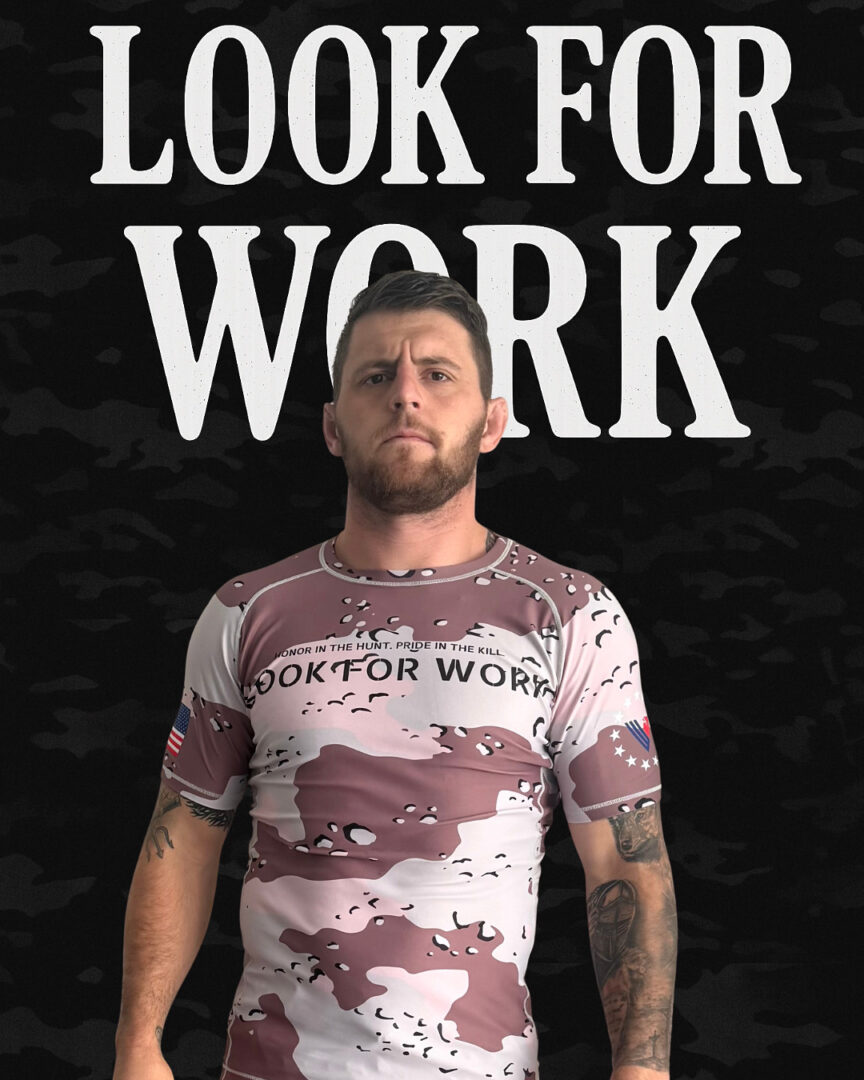We’re looking forward to introducing you to Alex Rogers. Check out our conversation below.
Alex, so good to connect and we’re excited to share your story and insights with our audience. There’s a ton to learn from your story, but let’s start with a warm up before we get into the heart of the interview. What do you think others are secretly struggling with—but never say?
I believe many people are quietly struggling with their mental health. Almost everyone carries personal challenges—whether it’s stress, anxiety, depression, self-doubt, or unresolved trauma—but most of these issues never get spoken about openly. There’s often a stigma or fear of judgment that keeps people silent, so they put on a strong front while battling difficult emotions beneath the surface. What makes it harder is that these struggles can feel isolating, even though so many people are experiencing them at the same time. If we could normalize those conversations and create safe spaces to talk about mental health, more people would feel less alone and more empowered to seek help or simply share what they’re going through.
Can you briefly introduce yourself and share what makes you or your brand unique?
My name is Alex Rogers, and I’m a recently transitioned Navy SEAL who has carried the lessons of the teams—resilience, adaptability, and relentless pursuit of growth—into building my own brand and ventures. Today, I run Look For Work (LFW), a coaching and lifestyle company that blends performance training, leadership development, and unique apparel rooted in the ethos of grit and perseverance.
What makes LFW special is that it isn’t just a brand—it’s a mindset. The phrase “Look For Work” comes from a principle I lived by in the SEAL Teams: no matter what the situation is, there’s always something you can do to push forward, to improve, to contribute. That ethos now drives everything I build, whether it’s designing fight kits for Brazilian Jiu-Jitsu competitions, creating coaching frameworks to help others unlock confidence and resilience, or organizing events that challenge people to push beyond their comfort zones.
Right now, I’m working on expanding both my athletic presence—competing in Brazilian Jiu-Jitsu at a high level while supporting veteran causes. My coaching programs, including an 8-week course that helps people align their strengths, build resilience, and reach their goals. I’m also pursuing my Executive MBA at Washington University in St. Louis, which will help me scale these efforts and create even more opportunities for growth, both personally and for the community I serve.
At its core, my story and my brand are about showing people that you don’t have to stay where you are—you can burn the tents, leave behind what doesn’t serve you, and step forward into who you’re meant to be.
Amazing, so let’s take a moment to go back in time. Who saw you clearly before you could see yourself?
Amy. From the very first time we met at a coffee shop, she saw me for who I truly was and for the potential I carried—even before I could fully recognize it myself. From that day forward, we’ve been together, and she’s been my biggest fan, best friend, and strongest motivator. She has consistently believed in me, sometimes more than I believed in myself, and that faith has pushed me to grow in ways I couldn’t have imagined.
Before Amy, I knew pieces of my story, bits of past experiences and accomplishments—but I often overlooked them or failed to give myself credit for what they meant. She helped me connect those dots and see the bigger picture: how everything I’ve done has prepared me for where I am today. That perspective has fueled my confidence, helped me embrace my journey, and encouraged me to step more boldly into my own potential.
When did you stop hiding your pain and start using it as power?
The truth is, the pain never really goes away—it’s still there. The difference now is that I’ve stopped burying it and started learning how to carry it in a way that gives me strength instead of holding me back. For a long time, I kept everything bottled up, thinking I had to deal with it alone. But over time I realized that silence only made the weight heavier.
I’ve learned to be more vulnerable, to share my story, and to be patient with myself in the process. When I open up and talk about what I’m going through, it’s like pieces of that burden lift off my shoulders. And in those conversations, I not only release some of the pressure but also create space for connection—because my pain often resonates with someone else’s struggle.
That shift—choosing to use my pain as something to fuel growth, resilience, and connection—has turned it from a weakness I tried to hide into a source of power I can stand on.
I think our readers would appreciate hearing more about your values and what you think matters in life and career, etc. So our next question is along those lines. Is the public version of you the real you?
Yes. What you see is who I truly am. I made a decision a long time ago that I wouldn’t put on a mask or conform to what I think people want to see just to fit in or sell an image. Authenticity is at the core of everything I do—whether it’s competing, building my brand, coaching, or just showing up in everyday life.
I’ve learned that people connect most with honesty, not a polished façade. The same values, mindset, and drive I live with behind closed doors are the ones I share publicly. It may not always be perfect or polished, but it’s real. And that’s something I refuse to compromise on.
Okay, we’ve made it essentially to the end. One last question before you go. What will you regret not doing?
For me, the real regret would be not taking risks—avoiding the uncomfortable situations that deep down I know would force me to grow. Every meaningful step in my life has come from walking into uncertainty, whether it was in the military, on the mats, or in building my brand. It’s never been easy, but it’s always been worth it.
I know that if I let fear or comfort hold me back, I’d eventually look back and wonder “what could I have become if I had just gone for it?” That’s a question I don’t ever want to ask myself.
So I choose to lean into the hard things, to embrace the discomfort, and to bet on myself. Because even when I stumble or fail, I come out stronger. And I believe that’s true for anyone—our greatest regrets usually aren’t the times we tried and failed, but the times we never tried at all.
Contact Info:
- Website: https://www.lfwcc.com
- Instagram: LFWClothingco
- Linkedin: https://www.linkedin.com/in/alex-rogers1/
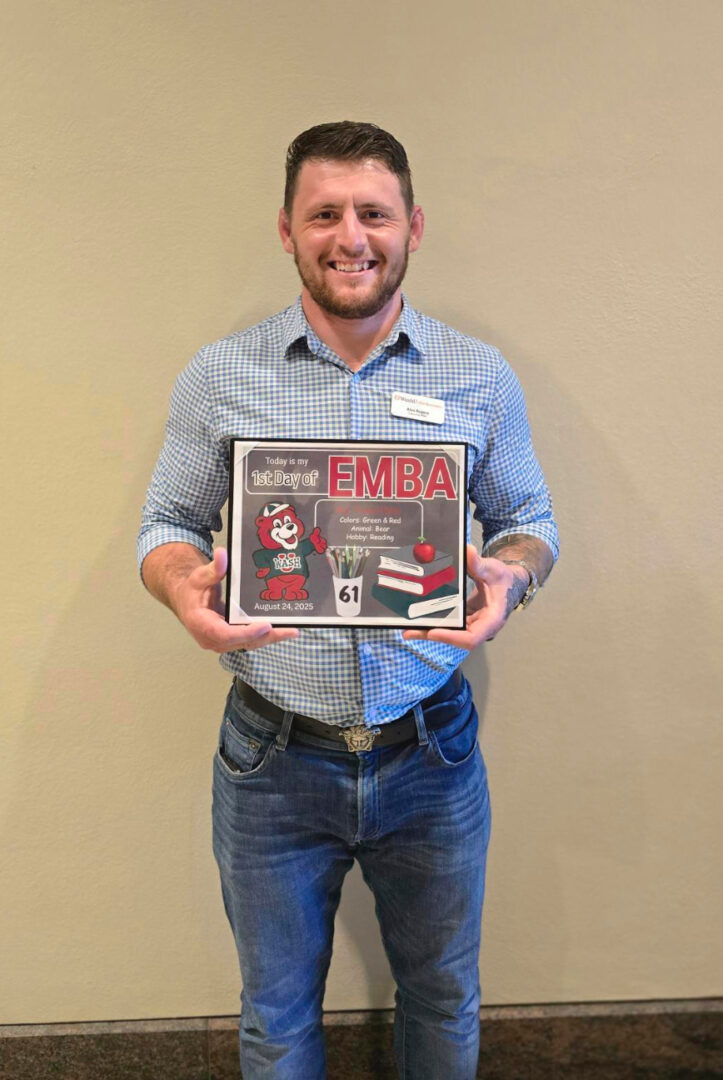
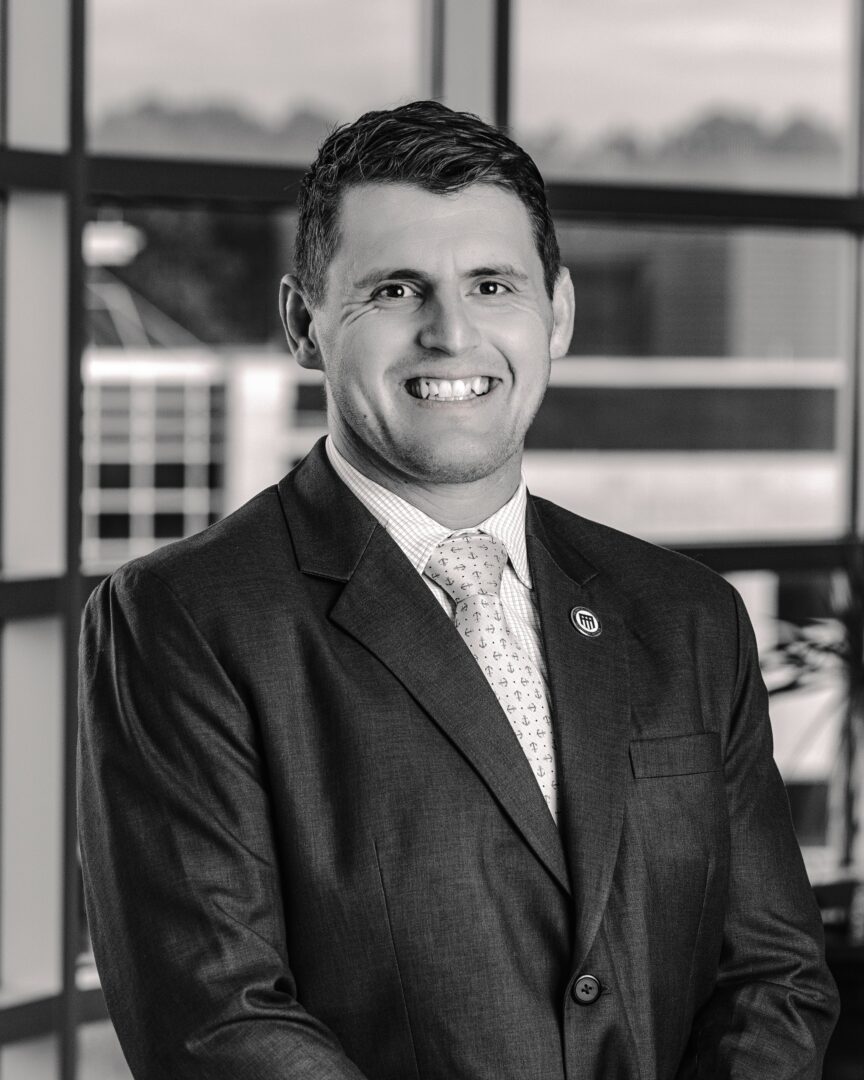
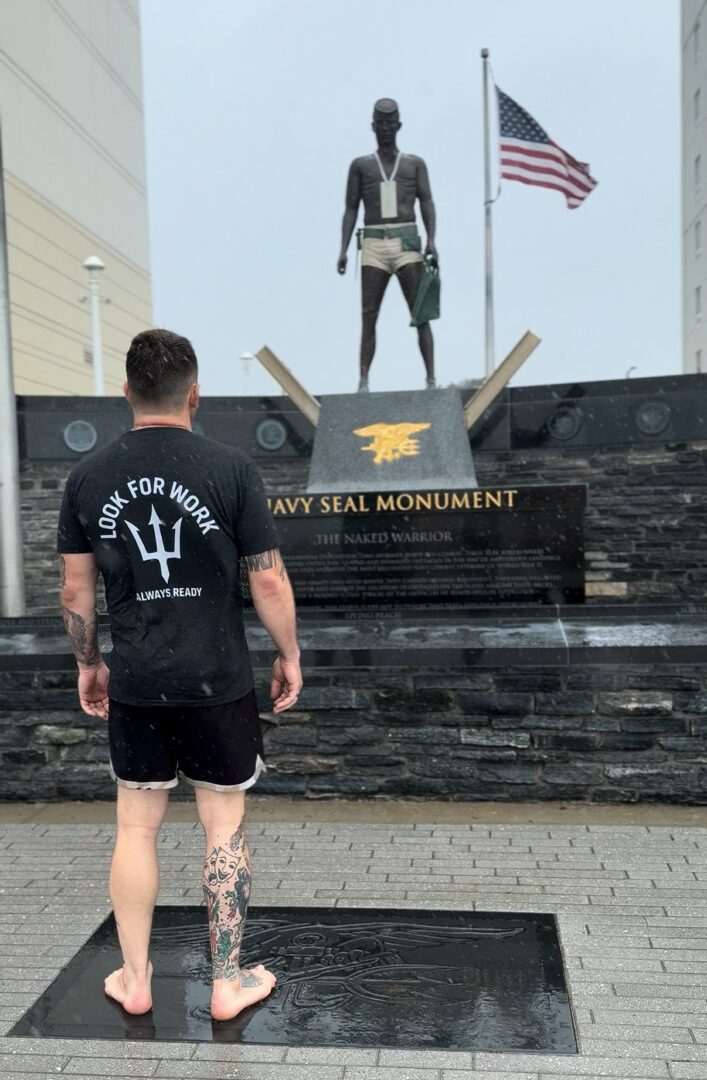
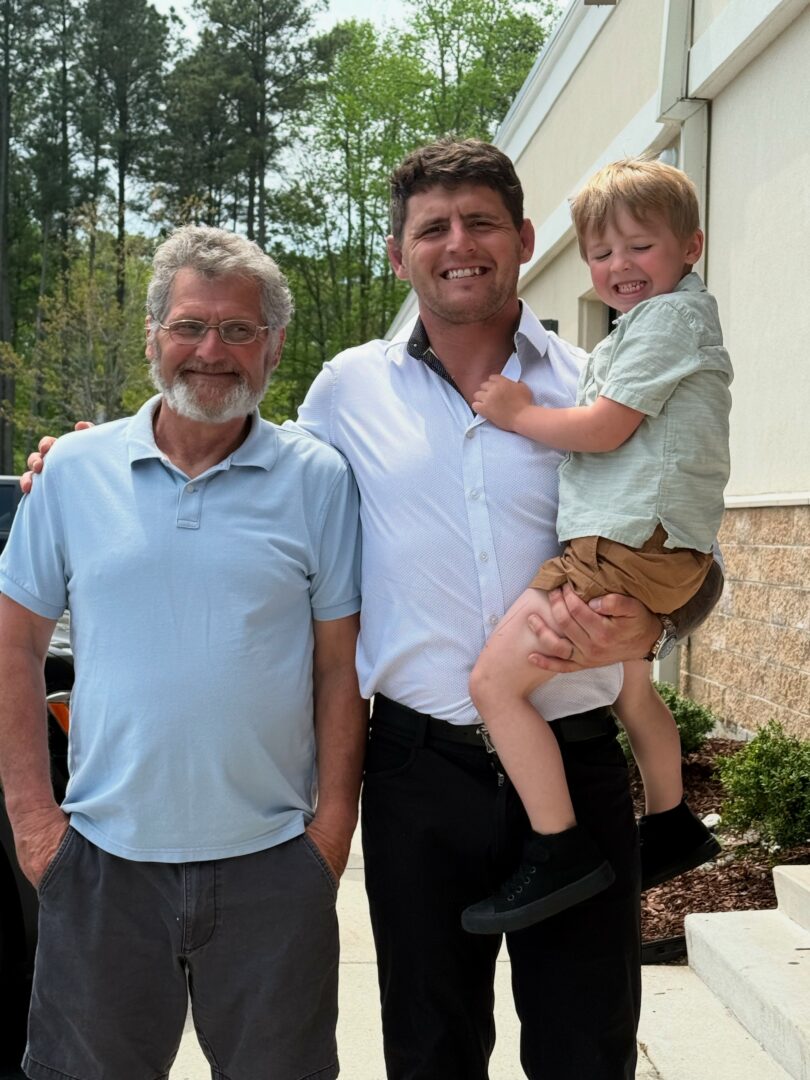
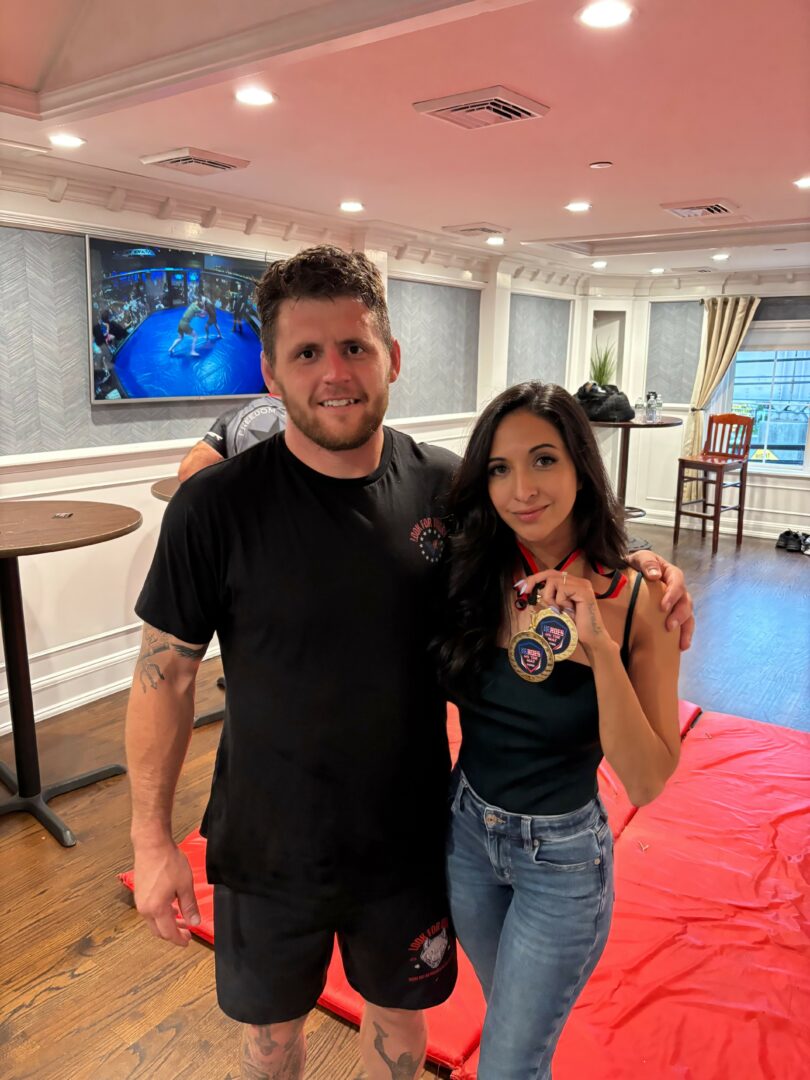
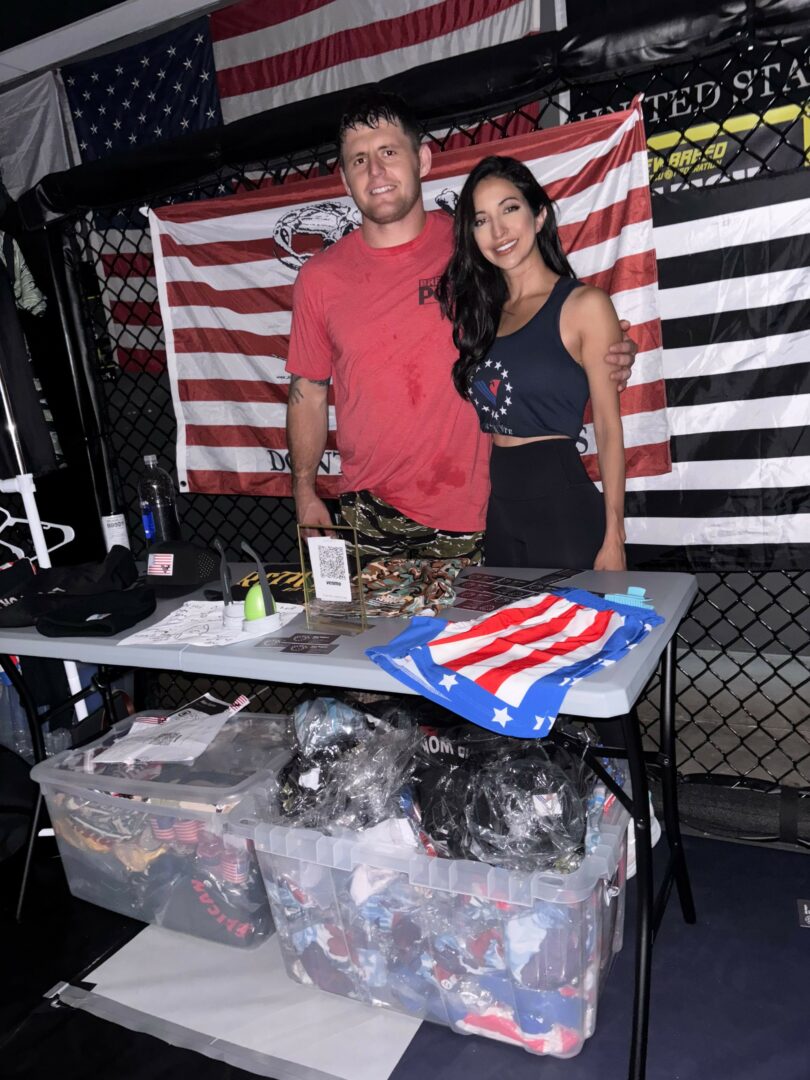
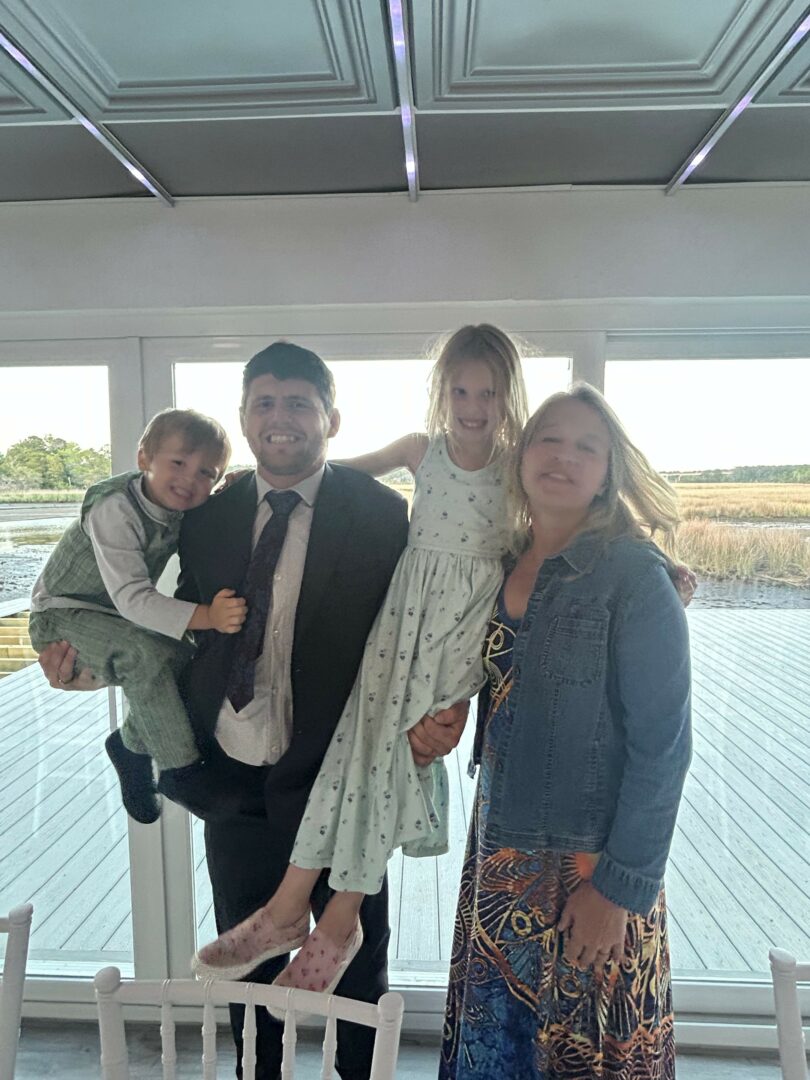
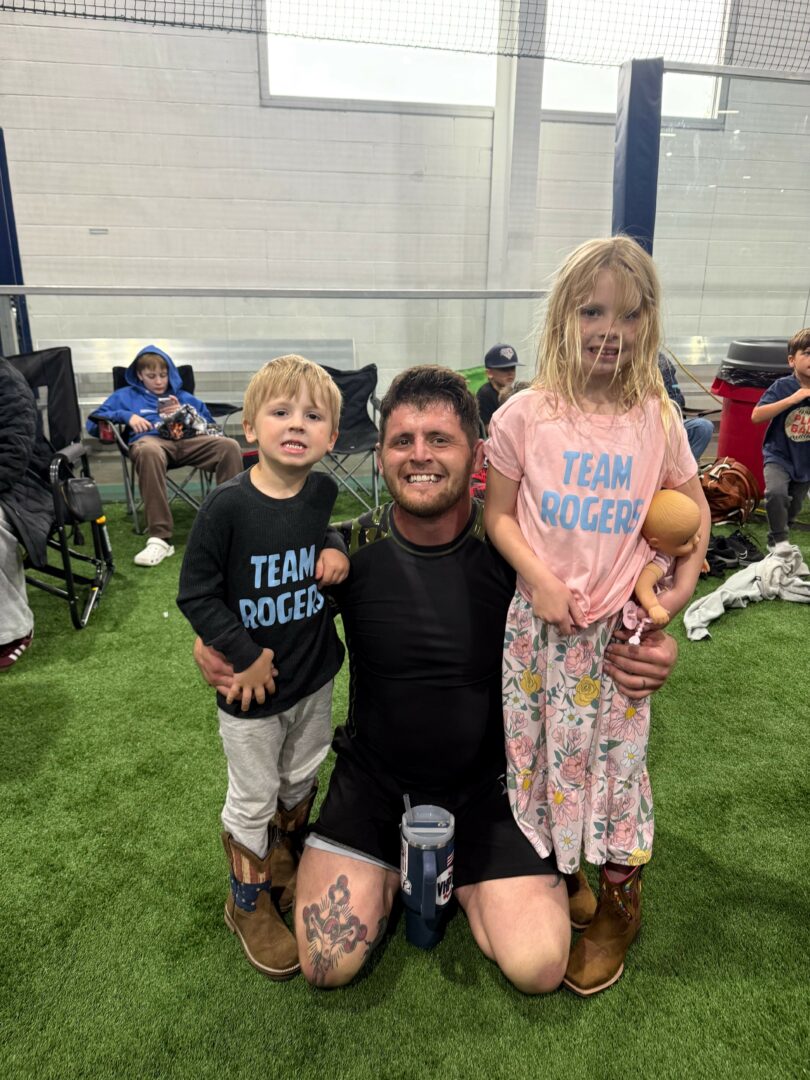
so if you or someone you know deserves recognition please let us know here.

